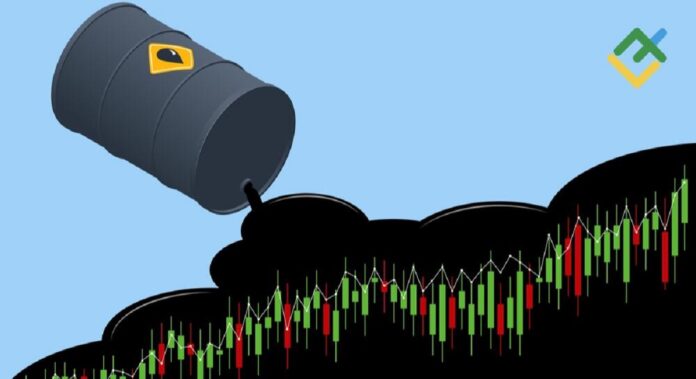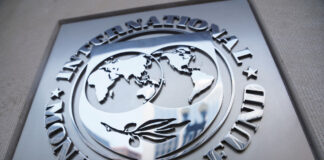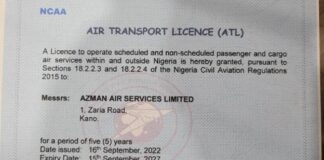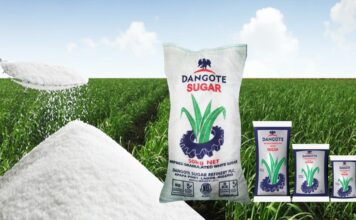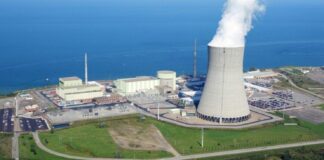Oil Tumbles below $100/Barrel on Expected Output Hike
Crude oil prices tumbled, falling below $100 per barrel, on expectations that the Organisation of Petroleum Exporting Countries (OPEC) and allies will raise output at their august meeting. The price decline is also noted to have been supported by the prospect that oil companies would ramp up output following a very good earnings season, according to OANDA analyst Edward Moya.
Factory activity data also indicated that the world is headed toward a significant global economic contraction, Moya noted as analysts added that the fact that manufacturing data contracted for China and Europe while the US continues to weaken raises concerns over the short-term crude demand outlook.
The Organization of the Petroleum Exporting Countries and allied producers’ historic 2020 production cut officially winds down at the end of August but the group is expected to agree to continue adding barrels back to the market in line with previous production agreements, RBC Capital Markets said in a note over the weekend.
However, given the shortage of spare capacity across the group, this will effectively be a production hike for the Gulf Cooperation Council, anchored by Saudi Arabia, RBC noted, expressing a view that Saudi Arabia intends to reciprocate US President Joe Biden’s visit by continuing to gradually increase output.
Despite reports that the President returned empty-handed, RBC said it is likely that the White House understood that Saudi Arabia would work within the OPEC+ framework and would not pursue unilateral action while the agreement remains in place. However, a failure to boost output would be viewed as a major disappointment in Washington, RBC said.
Devon Energy’s (DVN) production increase announcement came as a surprise, as energy traders were getting used to reports of production shortfalls, according to Moya. The news could indicate the oil market getting closer to balance, especially after Exxon Mobil (XOM) and Chevron (CVX) also noted that their production would be higher, Moya said.
Given the weakening crude demand outlook, a small output boost from the Organization of the Petroleum Exporting Countries and allied producers after their meeting this week would not be unlikely. READ: Oil at $100 Per Barrel Possible by 2022 – RBC Capital Markets
However, instead of the White House’s request for the group to increase production, motivation is more likely to come from the recent rise in US production and potential loss of market share, as exports have increased significantly, according to Moya.
Crude oil prices are back down below $100-per-barrel levels and slipping again early Tuesday as traders take a more cautious stance ahead of the monthly production agreement meeting of the Organization of the Petroleum Exporting Countries and allied producers, OANDA analyst Craig Erlam said in a Tuesday note.
However, there is more uncertainty as the group is no longer on a pre-set path, Erlam said. The decision is expected to signal how unified the group still is, how committed it is to rebalancing the market and whether the US President has any influence on it, the analyst added.
Saudi Arabia will reportedly put forward a case for higher levels of production after giving assurances to US President Joe Biden, but this will not necessarily result in an agreement on higher output as the group is likely to prioritize its unity, Erlam noted.
In addition, the group is still incapable of delivering on the existing agreement, so any update may have little impact unless Saudi Arabia and the UAE, which have more spare capacity, decide to do more heavy lifting, according to Erlam.
The White House may have also recognized Saudi Arabia’s concerns about using up its remaining spare capacity amid uncertainty about the production trajectory for producers such as Russia and Libya, RBC noted.
Besides output increases, the Biden administration also hopes for a shift in exports to Europe come December when the Russian oil import embargo takes effect, RBC said.
It believes the big Middle Eastern producers are prepared to address the looming supply gap in Europe, given the strategic and diplomatic dividends of such support despite temporarily ceding core Asian market share.
Many OPEC+ nations are seeing major financial windfalls, but OPEC+ producers that experienced social and political turmoil may want to protect financial gains, so any supply adjustment will likely be modest.
With Russian oil sanctions set to take effect in December and the US strategic petroleum reserve release to wind down in October, the additional Saudi and UAE barrels are not expected to cause an oversupply situation, according to RBC.
#Oil Tumbles below $100/Barrel on Expected Output Hike#



















